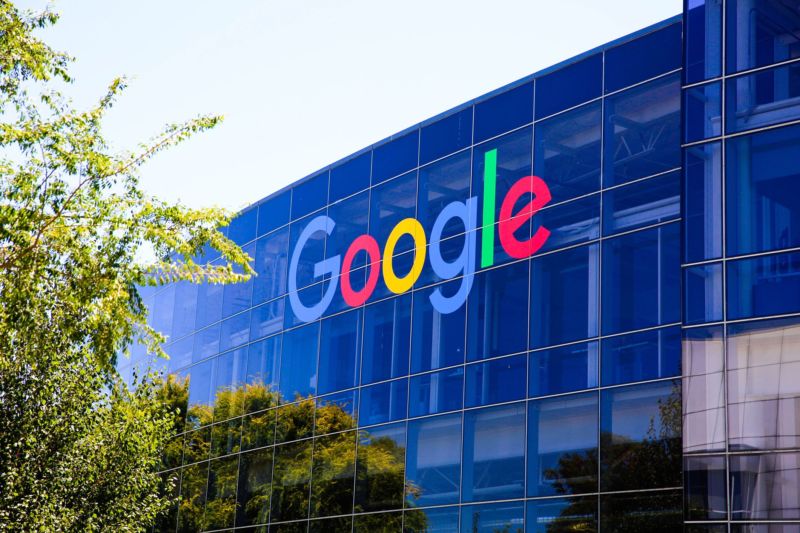
The country’s largest digital advertising platform is trying to take a stand heading into the 2020 election this week, as it both limits the targeting of political ads and warns would-be political advertisers about making false claims.
On Wednesday, Google made an announcement “clarifying” its advertising policy for political ads, making it clear that outright lies are theoretically not welcome. “Whether you’re running for office or selling office furniture, we apply the same ads policies to everyone; there are no carve-outs,” the company said, adding:
It’s against our policies for any advertiser to make a false claim—whether it’s a claim about the price of a chair or a claim that you can vote by text message, that election day is postponed, or that a candidate has died.
To make this more explicit, we’re clarifying our ads policies and adding examples to show how our policies prohibit things like “deep fakes” (doctored and manipulated media), misleading claims about the census process, and ads or destinations making demonstrably false claims that could significantly undermine participation or trust in an electoral or democratic process.
That said, the company adds, they can’t judge “every political claim, counterclaim, and insinuation,” so they expect the number of ads they block to be low.
Those ads will also have to be aimed at a comparatively broad segment of the population, Google said, to the dismay of campaigns on both the left and the right. While the company will allow political ads to be targeted to users based on age, gender, and postal code, it will not allow more narrow “microtargeting” to highly segmented, granular audiences such as those based on public voter records or political affiliation.
Back to you, Facebook
Google’s statement feels like a direct swipe at Facebook’s now-infamous policy, which exempts politicians and political advertising from the platform’s “community standards” and fact-checking processes.
Google is far and away the largest digital advertising platform, accounting for more than 37% of all US digital advertising spending in a given year. Facebook, however, comes in at second place, taking in about 22% of US digital advertising spending.
Facebook and its CEO Mark Zuckerberg have repeatedly defended the company’s choice to exempt political advertising from standards. “I think if you’re gonna lie, that would be bad,” Zuckerberg offered during congressional questioning last month. “I believe that people should be able to see for themselves what politicians that they may or may not vote down are saying.”
Twitter went a step farther than either Facebook or Google, saying last month it would ban all political ads globally. That policy, which has a certification process for some issue ads, went into effect today.
Twitter CEO Jack Dorsey did take an obvious swipe at Facebook when announcing the company’s policy, saying in a tweet, “It’s not credible for us to say: ‘We’re working hard to stop people from gaming our systems to spread misleading info, buuut if someone pays us to target and force people to see their political ad… well…they can say whatever they want!'”
https://arstechnica.com/?p=1622315

